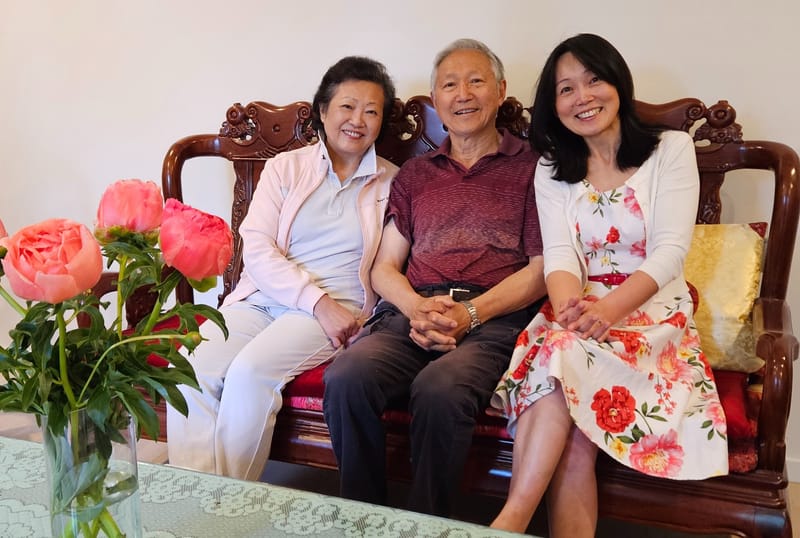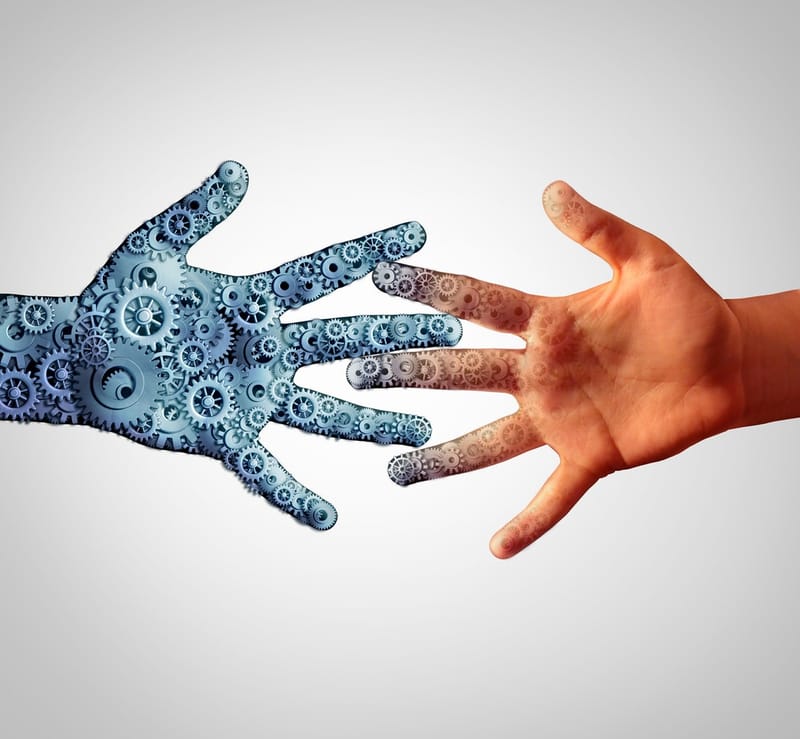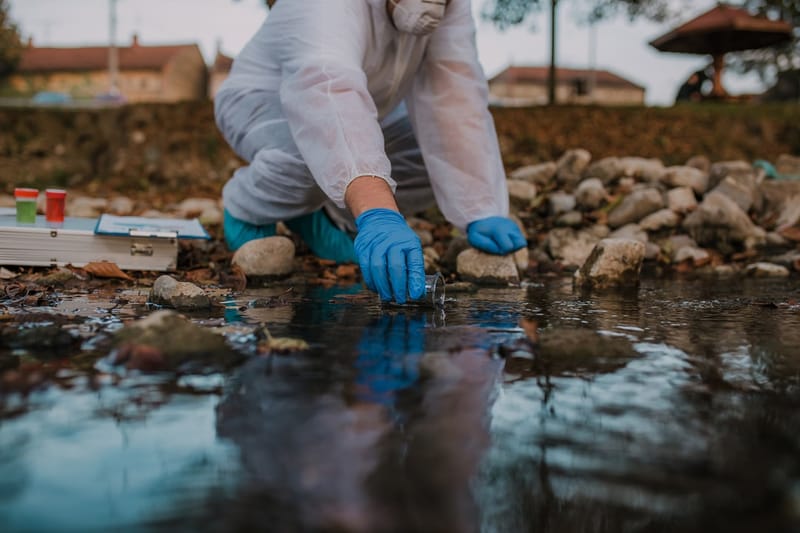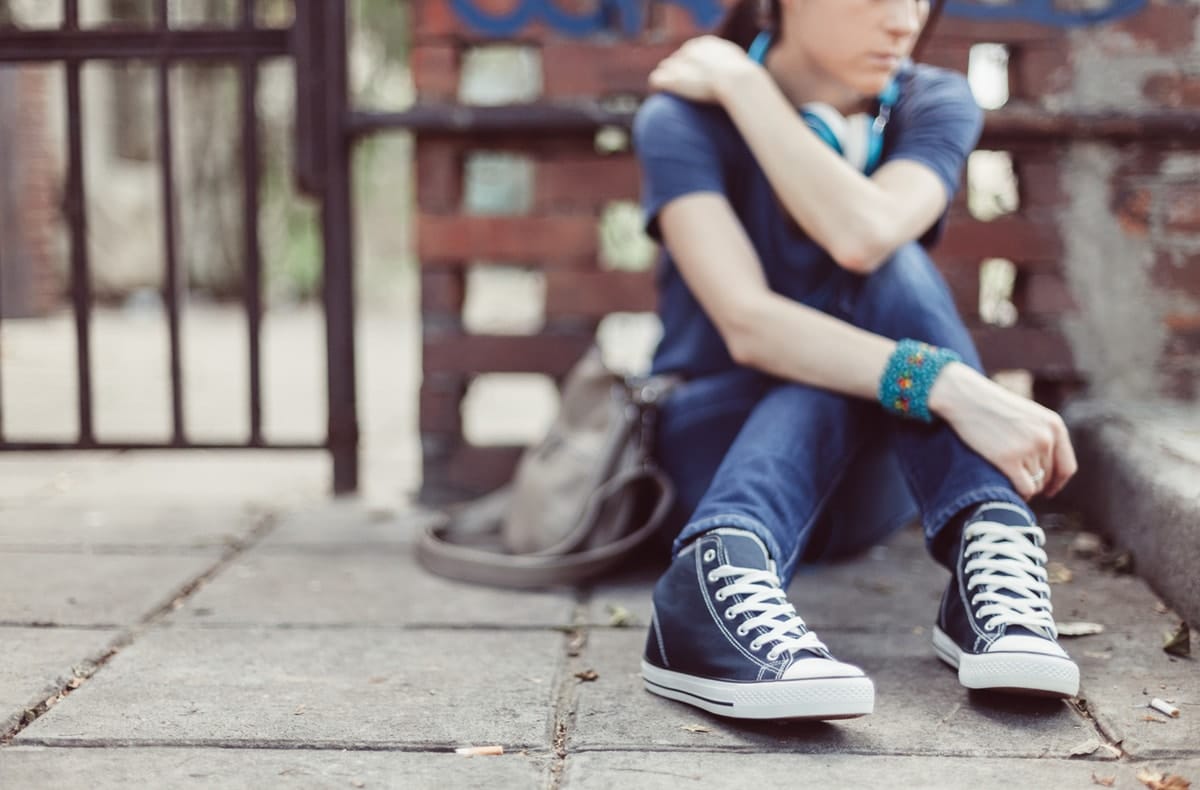
The Netflix series Unbelievable tells the true story of a US teenager who’s raped but not believed by local police. Her story is inconsistent, and she appears detached when she tells it. Besides, she’s a former foster child, and perceived as emotionally “needy”.
The police pressure her to admit that her account is false, and she tells them that, yes, perhaps she did make it up, or maybe she dreamt it, because she feels that it did happen. She’s then fined for making a false report, is forced to “confess” that she lied to other residents in her building, loses her job, and also some friends.
Many months later, the rapist, a serial offender, is arrested by police from a neighbouring state. The teenager’s image is found among his secret collection of trophy photographs, and her rape story is finally accepted as true.
Monash psychologist Laura Jobson has been researching memory and trauma for many years. She says that although we may think of our memories as a data bank that we can retrieve and play back, the reality is more slippery and complex.
The way we remember it is to align the memory with what we want to remember.
Many people are suggestible, and can be influenced by the way a question is framed, she says. She cites research by American psychologist Beth Loftus, who demonstrated that when people were asked how fast was a car travelling when it crashed, they were likely to estimate a faster speed than when asked how fast a car was travelling when it collided.
The act of remembering can also change our memories – so what we think might have happened, becomes what actually happened if we repeat the story many times.
“Every memory is in a way false, right?” she says. “Every time we retrieve a memory, we recode the memory. The way we remember it is to align the memory with what we want to remember. So every memory is not like a video recording.”
Trauma can complicate our relation to memory. Dr Jobson’s earliest research was on post-traumatic stress disorder (PTSD) and memory among Iran-Iraq war veterans. She discovered that people who suffered from PTSD were more likely to have gaps in their memory, or had difficulty accessing memories from their past – including memories unrelated to their trauma.
For instance, “some people have problems remembering specific memories from their lives”, she says. “And this has been found to predict people who are likely to get PTSD or depression.”
How false memories are generated
She’s now working with psychologist Kimberley Wade from University of Warwick in the UK, whose particular interest is in memory and the law, and how false memories are generated. A legal academic is also part of the Warwick team, which is investigating how legal authorities should approach witnesses and victims, and how PTSD influences how memories are processed.
Dr Jobson and Dr Wade have now successfully submitted an application for “False Remembering in Post-traumatic Stress Disorder – Developing an Innovative Program of Research; The Monash Warwick Trauma Memory and Law Research Program”, through the Monash Warwick Alliance. The project aims to advance an area that Dr Jobson feels is poorly understood.
Dr Jobson says that if a person is receiving counselling for trauma, the psychologist will accept their client’s “truth”, and sometimes they’ll encourage them to modify their memories to assist with a client reducing the distress associated with these memories.
In cases of PTSD, for instance, people who receive exposure therapy are encouraged to recall the traumatic incident repeatedly as a way of becoming desensitised to it, so that the memory of the event becomes less powerful and overwhelming. One aim is for the trauma to be seen in context, as an incident that occurred in the past.
A person with PTSD will avoid the memories of their trauma, which means the memories can rush back, unbidden and ferocious.
“You get them to talk through it, and talk through it, and talk through it. And it's going to change their memory, because they're going to start remembering things. And so they might say, ‘I think I'm trapped. I think I'm dying. I think I'm going to lose my legs.’ But then you might keep questioning them, until they say, ‘Actually, I can feel my legs.’ So you ask, ‘Can you move your legs?’ ‘Yeah, I can feel them. I can wiggle them.’ ‘So what do you know now that is different to then?’ And the client replies, ‘I didn’t die. I didn’t lose my legs.’
“And so, you've got to be really careful in legal cases, because you'd never start that process before they're about to go to court, because you've then potentially altered their memory. You've got to be careful.”
Refugees and PTSD
Dr Jobson now works with refugees who have also been traumatised by war, and sometimes by sexual assault. Most of these events haven’t been documented, and their accounts are often contested by Department of Immigration officials.
Research out of the UK showed that those with PTSD are often more likely to have changes in their memory over time.
“There’s a legal assumption that if a memory is consistent, then it's seen as reliable, right?” Dr Jobson says. “Because you don't change your account over time. But actually, some really great research out of the UK showed that those with PTSD are often more likely to have changes in their memory over time. And that's because of how they process their memories and the flashbacks, etc. And so, those memories that would often be seen as unreliable or inconsistent are in fact perfectly reliable.”
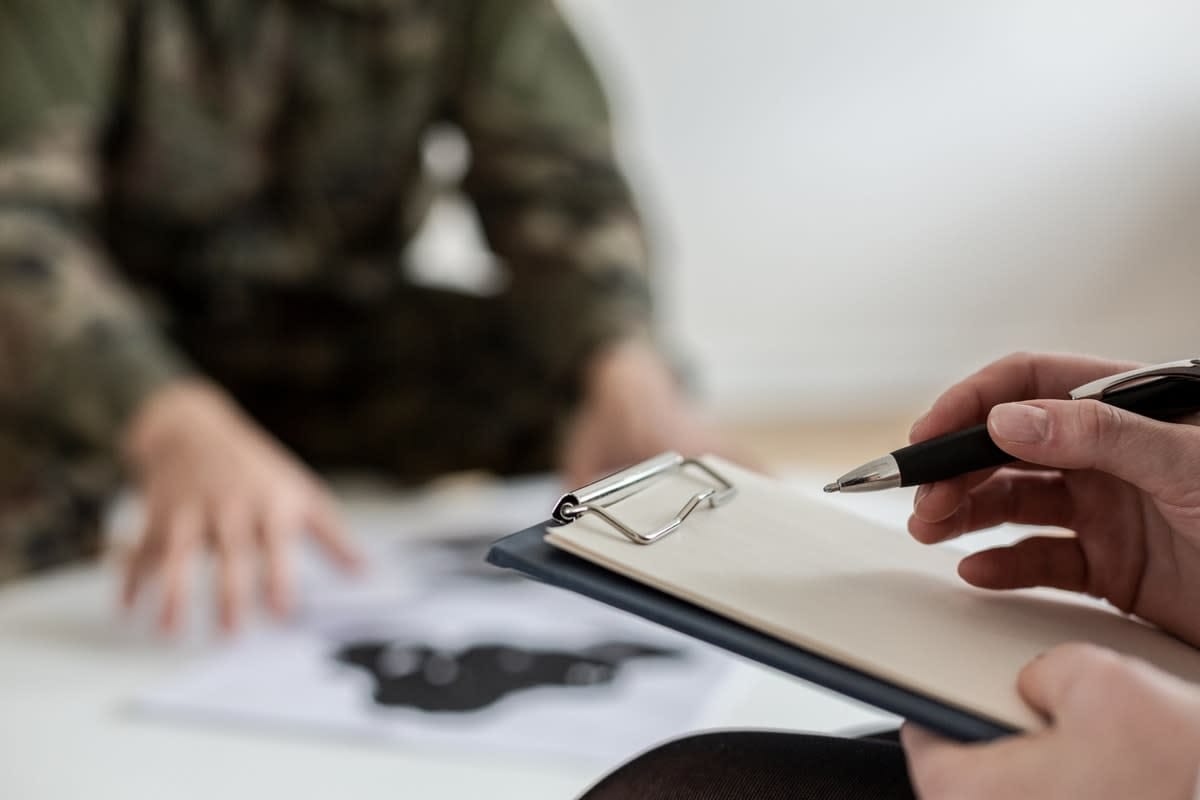
Her own research interviewing people with PTSD shows that their “memories often go into the present tense”, and are more likely to include sensory perceptions. “They will say, ‘I can see blood now, I can smell the tyres’, whereas someone else would say, ‘I went around this corner and there was screeching.’ And so, their memories of the trauma experience are actually quite different.”
A person with PTSD will avoid the memories of their trauma, which means the memories can rush back, unbidden and ferocious. PTSD can also involve what Dr Jobson calls a “paradox of memory”, because the memory can have gaps and inconsistencies, but on the other hand, aspects of the memory can be unwantedly and vividly remembered.
In one case, clinical evidence showed that a woman had been raped. The woman said, “I remember a Madonna song was playing. And the car was a white sedan. And then he must have penetrated me. But I don't remember anything about that. How can I not remember that, but I remember the silly song playing?”
Dr Jobson is working towards testing whether “the suggestibility and misinformation effect has a stronger association with PTSD symptoms and depression symptoms”. Ultimately, the research might shift the guidelines for how refugee claims are assessed. She’s also researching how a person’s cultural background influences how they process trauma. Western models dominate the research undertaken to date.
Trauma as a common concept
Trauma is relatively common – up to 70 per cent of us have experienced or witnessed a traumatic event. Most of us will not develop PTSD, Dr Jobson says, although we might have disturbed sleep or other symptoms in the weeks after the event. “As humans, for thousands of years we've had trauma. We've evolved to cope with trauma,” she says.
However, about 25 per cent who experience trauma develop post-traumatic psychological difficulties. Interpersonal events such as rape can be particularly hard to overcome, she says. If you blame yourself for the trauma, or believe your life has permanently changed because of it, then that can also indicate PTSD.


